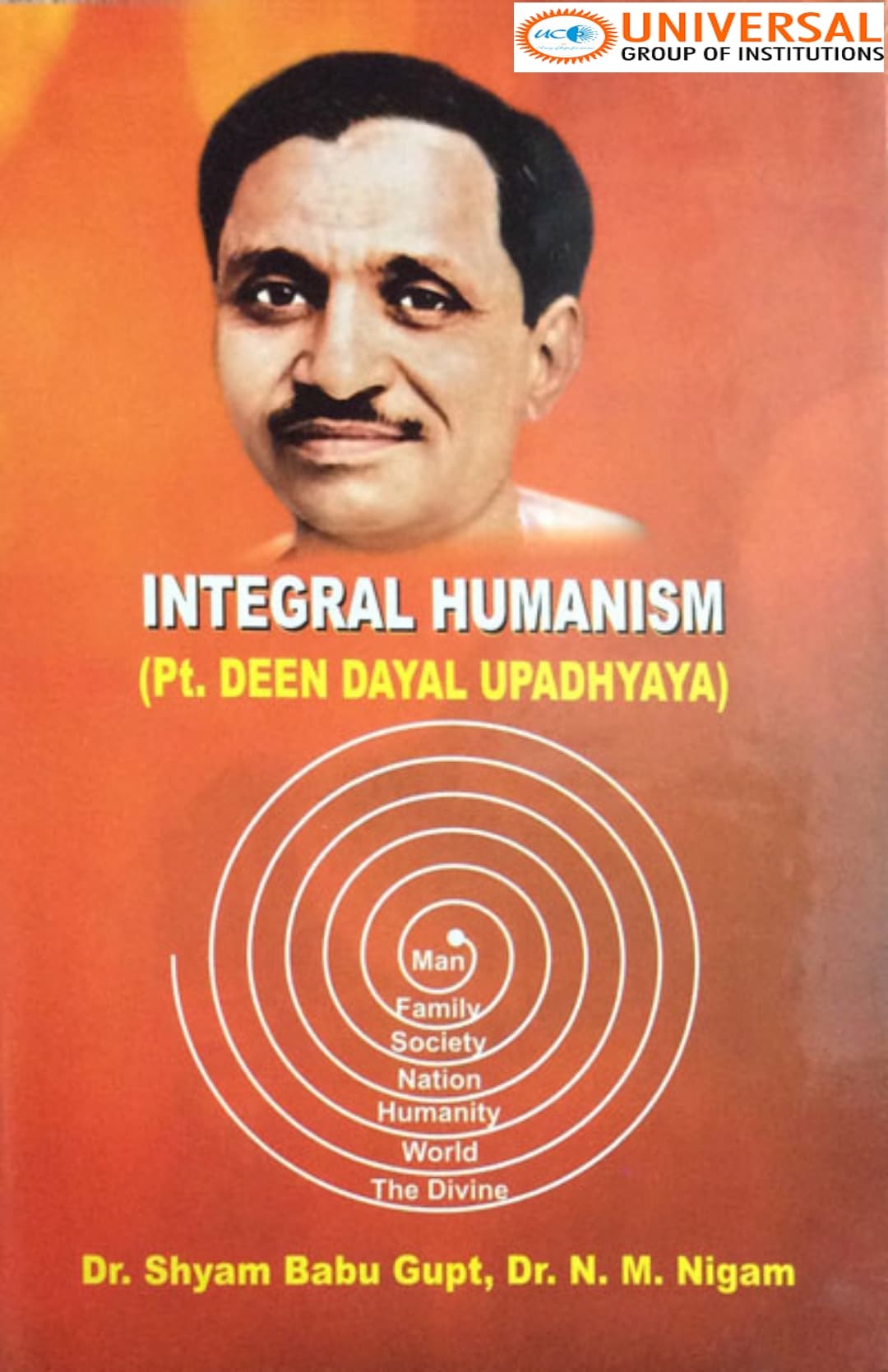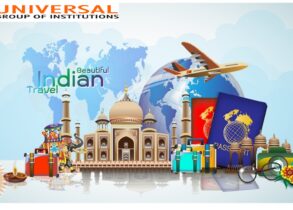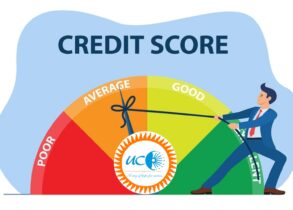Explain the main elements of integral humanism as propounded by Deen Dayal Upadhyay and highlight its contemporary relevance.
Integral humanism was advocated by Deendayal Upadhyaya in 1965. Tracing its origins to the non- dualistic philosophy of Advaita Vedanta, integral humanism propagated the oneness of various souls, be it of human, animal or plant origin. Rejecting the intrinsic diversity based on race, colour, caste or religion, it identified all human beings as part of this one organic whole, sharing a common consciousness of national thought.
Main elements of doctrine of integral humanism
- Man at the centre of development: The philosophy considered that it was of utmost important for India to develop an indigenous economic model with the human being at center-stage. It did not reject western philosophies completely rather it evaluates both capitalism and socialism on their respective merits, while being critical of their excesses and alienness.
- Refutes individualism: It stresses on the need of an organic relation between an individual and society. There has to be coordination between common goals and individual goals whereby individual goals should be sacrificed for the sake of broader social goals. It encourages the significance of family and humanity to build a complete society.
- Cultural ethos: It talks about the integration of indigenous culture with social, economic and political fabric of the nation. It maintains that the essence of Indian culture and its uniqueness should form the background of any political philosophy or development model to be adopted by India.
- Integrated view: While accepting various differences, it focuses on the inter-dependency, association and unity rather than divergence, denial and disagreement in various aspects of life. Hence, it works for the welfare of everyone.
- Dharma Rajya: It represents the ideal duty-oriented state where every individual has power as well as obligations towards its state.
- Antodaya: This concept ensures that decision is taken considering that the person who is last in the queue is also taken care of.
Contemporary relevance
- It advocates the holistic idea of human welfare. The philosophy of integral humanism opposes
unbridled consumerism and rapid industrialisation without its benefits trickling down to the poorest of the poor – which is relevant in today’s context of inclusive development for all.
- The philosophy of integral humanism is also in sync with the modern notions of democracy, social equality and human rights since respect and equality of all faiths and castes is an important feature of the Dharma Rajya.
- Integral Humanism aims to provide a life of dignity to every human being, thus, promoting policies and principles that can balance the use the labour, natural resources and capital at the same time.
- Adopting this philosophy may change the approach towards politics as Pandit Deen Dayal believed that the purpose of politics is to bring about social and economic changes. This is required in today’s context where criminal elements, money power etc. is beginning to dominate politics.
- It may lead to strengthening of family institution as this philosophy highlights the role that families and society plays in building a nation
A world where large population lives in poverty this can be an alternative model for development in which social, political and economic needs converge and which is integral and sustainable in nature.






